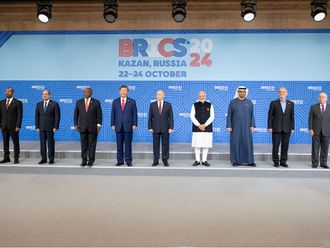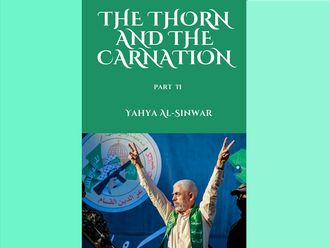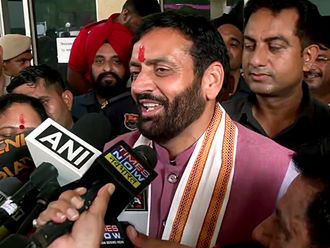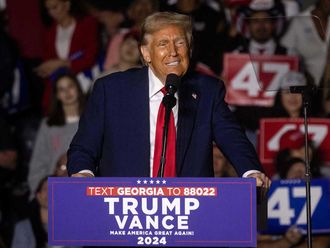As the heat and dust of India’s general election campaign gains momentum, there has been a significant change in the BJP’s focus in recent days.
With the Congress hammering home the charge that a third term for Modi would mean changing or scrapping the country’s Constitution, and therefore ending reservations for the most poor and vulnerable, the ruling party has refuted the same.
Suddenly the Prime Minister and his senior party colleagues are going out of their way to stress that this is not the case. With nearly 47 per cent of the OBC vote share going to the BJP in the 2019 elections (a huge jump from only 17 per cent in 2009), the party has reason to be worried.
The opposition INDIA alliance has made “saving the Constitution’ a central theme of their campaign. In rally after rally, Rahul Gandhi has alleged that Mr. Modi wants to “ demolish” the Constitution. “This (Constitution) is a power behind poor, oppressed classes, Dalits and tribals. We will not let this happen,” Rahul said at a rally in Maharashtra just days ago.
He then went on to talk about the lack of representation of Dalits, backward castes and tribals from different sectors. And this appears to be gaining traction. It has not helped the BJP that some of its own leaders have openly said that a huge mandate (read 400 plus seats) would give them the power to change the Constitution.
This has now backfired on the ground. A senior NDA leader admitted as much to me last week, concerned that Dalits and tribals were now afraid that this was on the BJP’s agenda.
That explains why Mr. Modi has been repeatedly stressing that he has no plans to change the Constitution. In fact, he has reversed the charge, now accusing the Congress of wanting to cut the reservation pie of backward castes by offering reservations to India’s largest minority.
They are “planning a dacoity on the 27 per cent OBC (other backward caste) reservation” in order to “appease” minorities. At a rally in Bihar, he said even Ambedkar could not change the Constitution.
Seeds of suspicion
Home Minister Amit Shah told a TV channel that if the BJP had to change the Constitution, they had 10 years to do so but did not. While Defence Minister Rajnath Singh recently told ‘The Hindu’, “there is no question of ending reservations. I firmly believe that we need reservations. I also firmly hold that we will never feel the need to change the basic structure of the Constitution.”
The BJP has only itself to blame for this muddled messaging on the Constitution. And it has historical roots. It is no secret that the RSS has had a long standing opposition to reservations in government jobs and education as they stand today, despite what they may say in public these days.
During Atal Bihari Vajpayee’s government back in 2000, a commission was set up to “review the working of the Constitution” and “how best the Constitution can respond to the changing needs of an efficient, smooth and effective system of governance and socioeconomic development of a modern India within the framework of the parliamentary democracy” and to recommend changes.
It set off alarm bells with the then President of India, a Dalit, warning that the basic features of the Constitution should not be changed. Mr. Vajpayee was forced to clarify that the basic features would not be altered.
Back in 2015, just ahead of the state elections in Bihar, RSS chief Mohan Bhagwat spoke about revisiting reservations. The BJP took a beating in those elections and this comment was cited as a major factor. This week, the RSS chief was at pains to say they support reservations.
There are many other examples that have sowed the seeds of suspicion about the BJP’s intentions on reservations but over the last decade, Modi has steadily built a formidable OBC support base for the BJP. Any traction on this issue could seriously hurt the party but he is using the tried and tested polarisation card to overcome this charge.
We will know how well it has worked on June 4.










